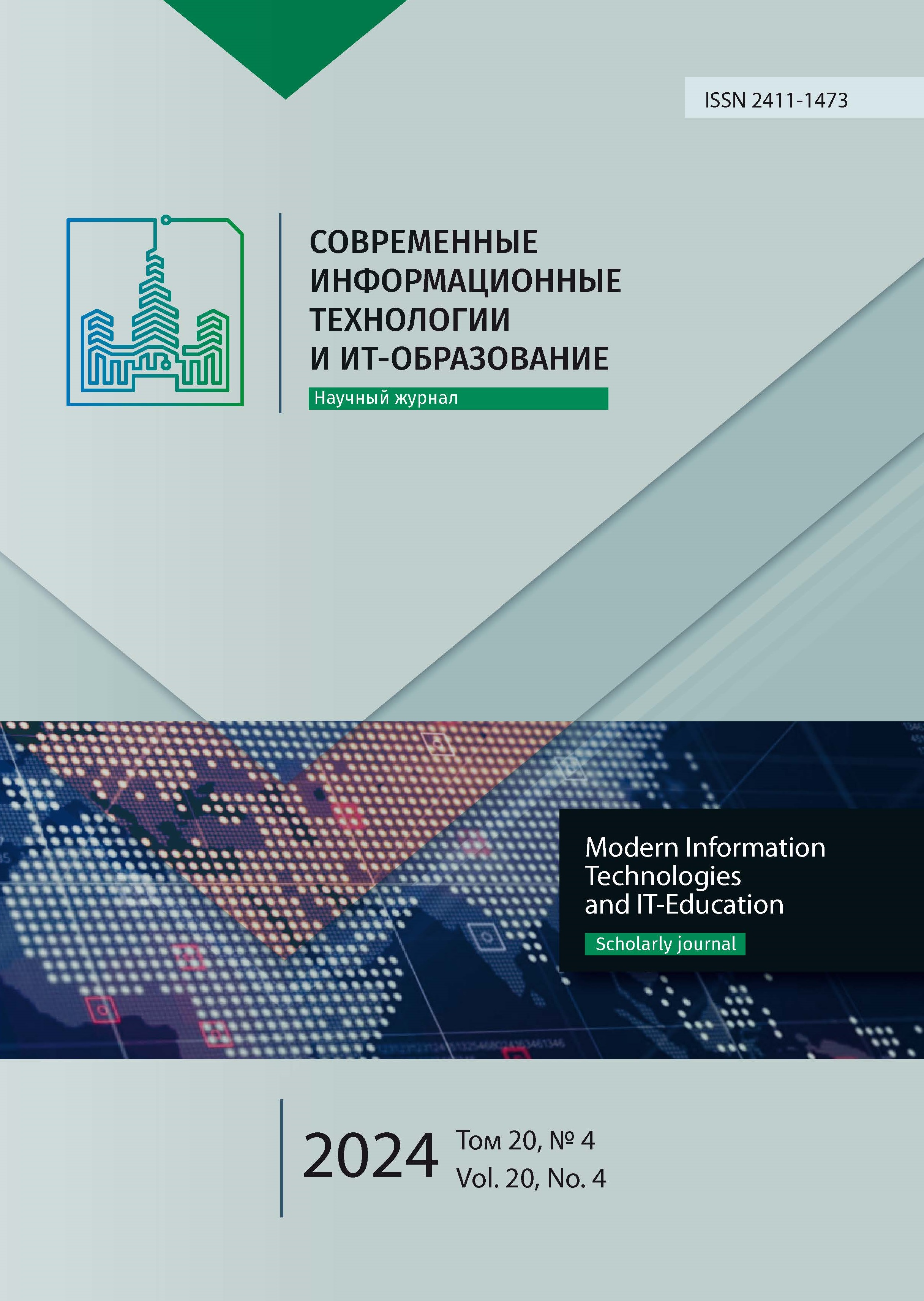Лингвистические модели представления информации в задачах управления проектами
Аннотация
В статье представлен алгоритм обработки разнородной информации на примере выбора наиболее предпочтительного проекта для реализации. Экспертная информация о проектах задается в форме индивидуальных матриц отношения предпочтения. Особенностью подхода является то, что элементы данных матриц формируются в различных шкалах. Идея алгоритма обработки такой информации заключается в переходе от числовой, интервальной и лингвистической информации к лингвистическим шкалам с двухкомпонентными термами. Использование двухкомпонентных термов предполагает переход к универсальной лингвистической шкале, при этом первая компонента представляет собой терм универсальной шкалы, а вторая компонента отражает близость исходного терма к терму универсальной шкалы. В статье представлены базовые операции над двухкомпонентными термами, Предложены процедуры перехода от разных типов информации (числовой, интервальной, лингвистической) к двухкомпонентным термам. Для построения группового отношения предпочтения используются специальные операции агрегирования. На основе группового отношения предпочтения формируются обобщенные оценки проектов, на основе которых решается задача принятия решений. Вычисление обобщенных оценок базируется на идее "доминирования" объекта над "нечетким большинством" остальных объектов. Приведен иллюстративный пример, который демонстрирует эффективность предложенного подхода к обработке разнородной информации.

Это произведение доступно по лицензии Creative Commons «Attribution» («Атрибуция») 4.0 Всемирная.
Редакционная политика журнала основывается на традиционных этических принципах российской научной периодики и строится с учетом этических норм работы редакторов и издателей, закрепленных в Кодексе поведения и руководящих принципах наилучшей практики для редактора журнала (Code of Conduct and Best Practice Guidelines for Journal Editors) и Кодексе поведения для издателя журнала (Code of Conduct for Journal Publishers), разработанных Комитетом по публикационной этике - Committee on Publication Ethics (COPE). В процессе издательской деятельности редколлегия журнала руководствуется международными правилами охраны авторского права, нормами действующего законодательства РФ, международными издательскими стандартами и обязательной ссылке на первоисточник.
Журнал позволяет авторам сохранять авторское право без ограничений. Журнал позволяет авторам сохранить права на публикацию без ограничений.
Издательская политика в области авторского права и архивирования определяются «зеленым цветом» в базе данных SHERPA/RoMEO.
Все статьи распространяются на условиях лицензии Creative Commons «Attribution» («Атрибуция») 4.0 Всемирная, которая позволяет другим использовать, распространять, дополнять эту работу с обязательной ссылкой на оригинальную работу и публикацию в этом журналe.













